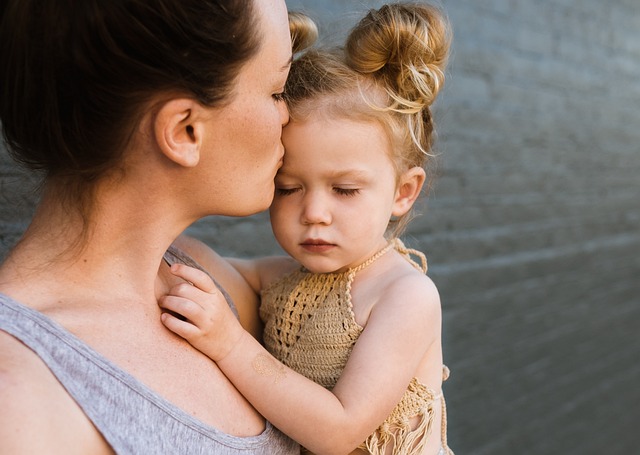In Oregon, grandparents seeking custody rights must establish a significant bond with their grandchild and provide a stable, loving home. The legal process involves filing a petition, detailed documentation, and a court evaluation focusing on the child's well-being and the grandparent-child relationship. Upon approval, grandparents gain legal custody, enabling them to participate in key parenting decisions. Success requires a strong bond, proof of capable care, addressing past issues, and a comprehensive plan, despite potential challenges like cooperative parenting time and bureaucratic hurdles.
In Oregon, grandparent custody rights play a significant role in family dynamics. This article delves into the legal framework governing grandparent custody, outlining the eligibility criteria and process for obtaining it. We also explore the challenges and considerations that grandparents face when seeking custodial rights, providing insights to help navigate this complex issue. Understanding these aspects is crucial for both grandparents and families involved in such arrangements.
- Grandparent Custody Rights in Oregon: Legal Framework
- Establishing Grandparent Custody: Eligibility and Process
- Challenges and Considerations for Grandparents Seeking Custody
Grandparent Custody Rights in Oregon: Legal Framework

In Oregon, grandparent custody rights are governed by state laws that provide a framework for when and under what circumstances grandparents may seek legal custody of their grandchildren. The legal system recognizes the significant role that grandparents often play in a child’s life and seeks to protect these relationships whenever possible. According to Oregon Revised Statutes (ORS), grandparents can petition the court for custody if they meet specific criteria, such as having a substantial relationship with the child and being able to provide a stable and loving home.
The state also outlines the types of custody that grandparents can pursue, including both temporary and permanent arrangements. Grandparents may seek visitation rights, shared custody, or in some cases, full legal and physical custody. The court will consider various factors when making decisions regarding grandparent custody rights, balancing the best interests of the child with the rights and capabilities of the grandparents. This process involves detailed evaluations, hearings, and a thorough examination of each party’s circumstances to ensure a fair and just outcome.
Establishing Grandparent Custody: Eligibility and Process

In Oregon, grandparent custody rights can be established through a legal process, offering an avenue for extended family members to play a more active role in a grandchild’s life. To be eligible, grandparents must demonstrate a significant and positive relationship with the child, along with a compelling reason for seeking custody. This could include situations where parents are unable or unwilling to care for their children, fostering a strong bond between grandparent and grandchild.
The process typically involves filing a petition in court, which requires detailed documentation outlining the proposed living arrangements, financial stability, and the ability to provide a nurturing environment. The court will then assess the situation, considering factors like the child’s well-being, the grandparent’s relationship with the child, and any existing parenting plans. If the petition is approved, legal custody rights can be granted, allowing grandparents more involvement in major decisions regarding their grandchild’s upbringing.
Challenges and Considerations for Grandparents Seeking Custody

Grandparent custody rights in Oregon can be a complex and challenging process, especially for those seeking to gain or regain care of their grandchildren. One significant challenge is the legal threshold required to prove that it is in the child’s best interest to live with grandparents instead of parents or other guardians. This often involves detailed financial, medical, and personal history assessments, which can be daunting for many grandparents.
Considerations for successful grandparent custody cases include demonstrating a strong bond with the grandchild, providing stable and loving care, addressing any past legal issues or concerns, and presenting a well-structured plan for raising the child. Grandparents may also face obstacles related to shared parenting time, especially if the parents are unwilling to cooperate, which can delay or complicate the legal process. Effective communication, documentation of parental conduct, and a unified front with other family members can significantly impact the outcome in favor of grandparent custody rights.














